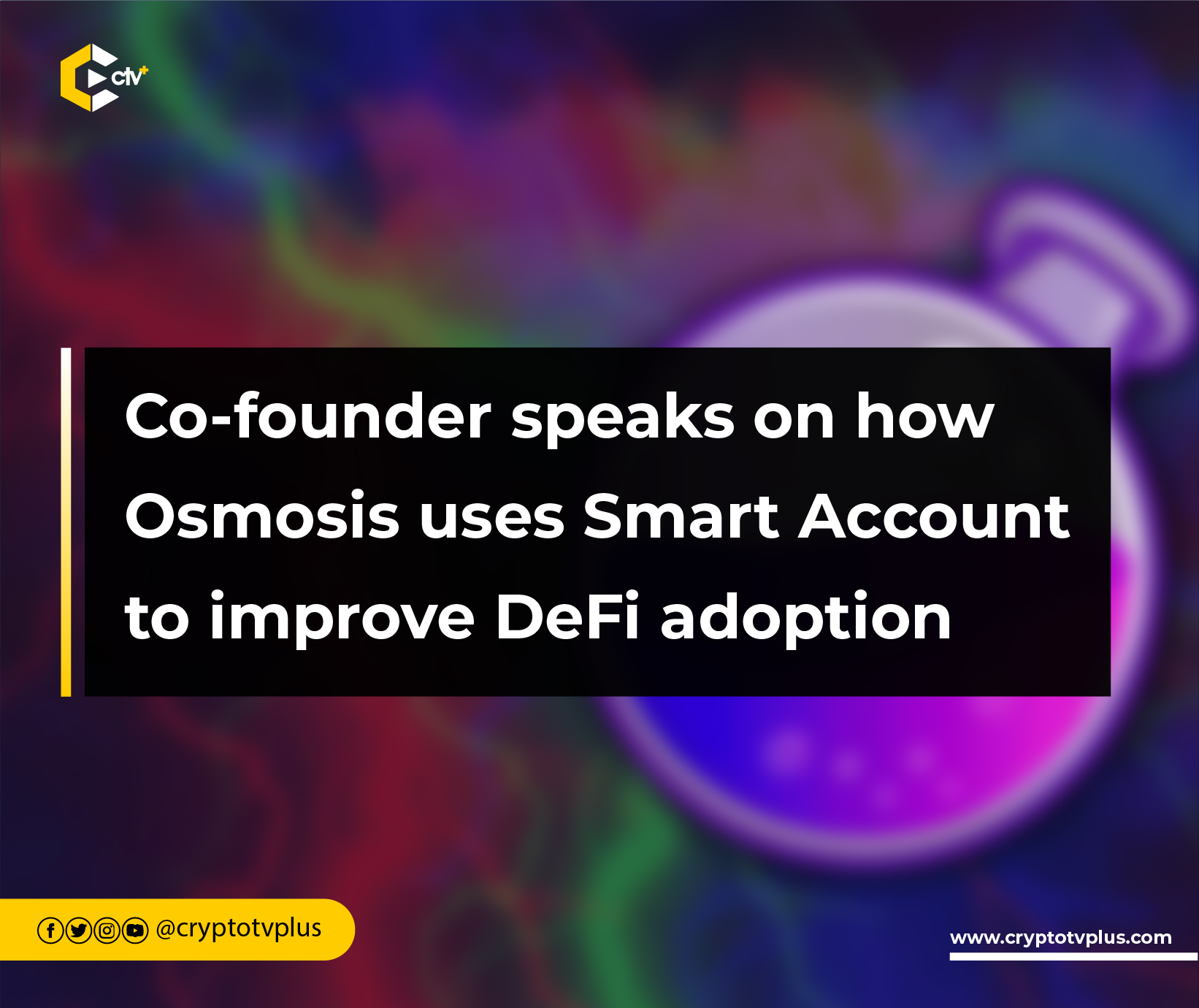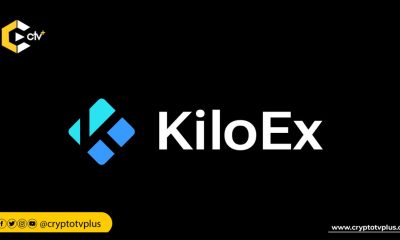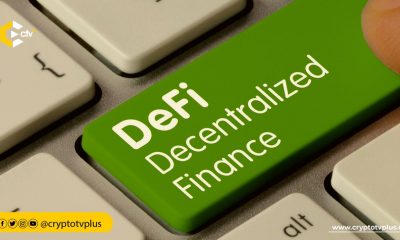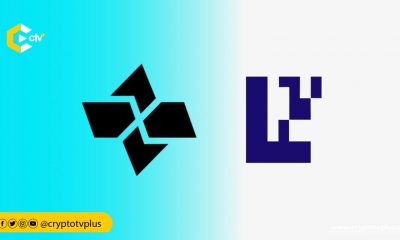FEATURED
Co-founder speaks on how Osmosis uses Smart Account to improve DeFi adoption

At the Cosmoverse conference, Sunny Aggarwal, co-founder of Osmosis, took the stage to share Osmosis’s approach to DeFi adoption.
Sporting a Roman soldier outfit, Sunny highlighted Osmosis‘s pioneering role as the “Interchain Liquidity Hub” in the realm of decentralized exchanges (DEXs).
He emphasized that the primary competition doesn’t solely stem from other DEXs like Uniswap or Thorchain, but also from centralized exchanges such as Coinbase and Binance.
“Coinbase and Binance are the ones who are out there onboarding the next 100 million billion users onto crypto,” he said. “If we’re being serious about building decentralized Finance we have to go after the centralized exchanges.”
He pointed out that what distinguishes these platforms from others is their user-friendly onboarding process. They provide a familiar Web 2 experience with usernames and passwords, which greatly benefits users in terms of convenience.
On the other hand, most decentralized exchanges (DEXs), such as Uniswap, often view themselves as utilities of the blockchain and rely on other platforms to attract users. This approach can result in fragmentation.
Challenges of adoption in DeFi
Speaking further, he delved into the three main challenges facing the DeFi space. The first challenge he discussed was the “Fiat On-Ramp UX”, a complex issue that he believes projects like AlphaLeak can address.
The second challenge is understanding fees. Users often struggle to comprehend the concept of paying transaction fees in Ethereum’s native currency, ETH.
Lastly, he highlighted the significant barrier posed by wallet UX. Setting up a crypto wallet, which includes installing browser extensions, can leave users baffled. The user interface for browser extensions is often daunting and far from user-friendly.
To tackle these problems and provide a better onboarding experience, Sunny announced that Osmosis has introduced the Smart Account Framework.
The Smart Account Framework
Explaining how this works, he said that a vital feature of this framework is the ability to pay transaction fees in any token, eliminating the need for users to possess ETH to make transactions.
In traditional blockchain operations, including Ethereum (ETH), users typically need to have the native token (in this case, ETH) to cover transaction fees. However, this framework changes the game by enabling users to pay transaction fees using tokens other than the native one.
Because users can now use tokens other than ETH to pay transaction fees, it eliminates the requirement for users to possess ETH specifically for making transactions. He noted that this fee abstraction will be available on Osmosis and soon on more Cosmos chains, making DeFi more accessible to users.
Moreover, Sunny stated that the real game-changer is the concept of “Smart Accounts.” Instead of relying on a single private key, which has absolute control over your account and presents significant security risks, Smart Accounts allow users to create a more flexible and secure setup.
The framework enables users to add multiple authenticators where they can have multiple keys for different purposes, enhancing security; delete or replace keys which makes key rotation easy and secure; writing custom authenticators that allow users to create their custom authenticators; and stateful authenticators.
Limitations and future plans
Although the plan presented by the co-founder appears promising, he warned that the framework that leverages the Osmosis blockchain’s native support for the Smart Account system, addressing the limitations of the Ethereum Account Abstraction system, has some limitations.
Two of these limitations are fragmentation in building smart contract wallet frameworks and the inability to upgrade Ethereum’s externally owned accounts to Smart Contracts.
He also assured that in the future, this will be resolved by an “Interchain Smart Account” feature that will enable smart accounts on different chains to interact seamlessly.
Sunny believes that Osmosis has a mission to enhance the user-friendliness, security, and inclusivity of DeFi. The implementation of the Smart Account Framework promises to improve the onboarding process, enhance the security of cryptocurrency users, and pave the way for mass adoption.
Read also; Cartesi: Empowering Smart Contract Development with Linux Integration and RISC-V Architecture

























1 Comment